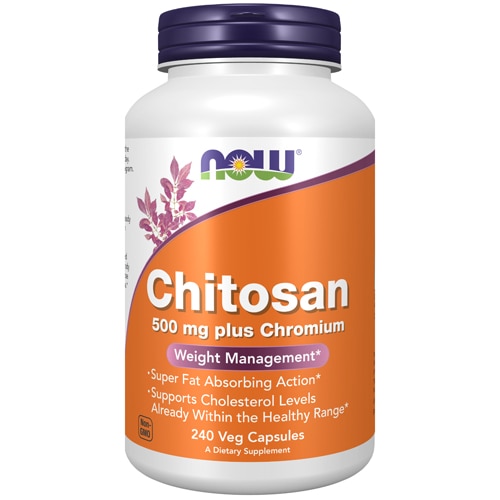There have probably been times throughout your life when a suddenly-tighter pair of trousers made sense: You took on a heavier workload and were virtually glued to your desk, you were hitting up more Happy Hours than Spin classes, or it was that often-dreaded time of the month. (Women gain, albeit temporarily, an average of three to five pounds during their periods.) Indeed, even getting older, which tends to arrive with less activity and the natural loss of muscle mass, can create a sudden jump on the scale.
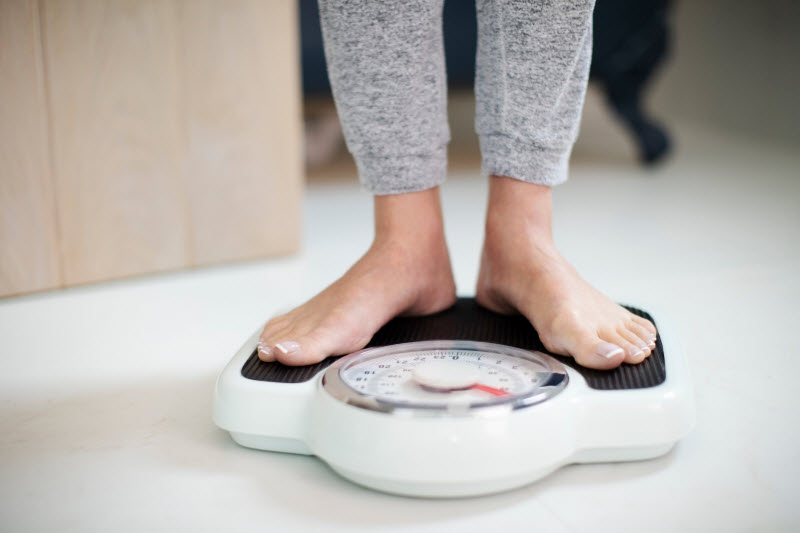
Inexplicable
weight gain, however, is another story—and is by and large alarming. While you’ll ultimately need to work with your doctor to determine the root cause of it, here are five reasons you may have packed on pounds.
What causes weight gain: 5 potential reasons to explore
1. Food allergies or intolerances
We tend to think of Hollywood’s version of
food allergies when it comes to adverse reactions: bright red ears, a comically swollen face, or an engorged tongue that renders a character unable to speak. Such reactions are real, and require immediate medical attention, but food allergies and sensitivities can reveal themselves more subtly—and entirely in your tummy.
As the Mayo Clinic reports, “Even a tiny amount of the allergy-causing food can trigger signs and symptoms such as digestive problems.” One of the chief digestive issues that arises from food allergies and intolerances is
bloating, and with this often arrives water retention, and the abrupt—and frustrating—inability to zip up your pants.
What to look for: The eight most common food allergies may be cow milk, eggs, tree nuts, peanuts, shellfish, wheat, soy and fish, but other food items, including gluten and guar gum, can wreak just as much havoc (and cause just as much distension and retention). Whether you choose to dodge these common allergens for a time or not, keep a close eye on how you feel after you’ve eaten. Experience abdominal pain or an inflated tummy? You likely have an allergy or intolerance.
What to do: Read the ingredients on any non-whole foods you purchase, and keep a record of what you’ve ingested for a few days or up to a week before seeing your doctor. Once there, ask for a food allergen test that will assess for delayed reactions to food. This particular exam looks at antibodies—IgA, IgG, and immune complexes, to be exact—that a person’s body can produce when they react to foods 24-72 hours after eating them, while most conventional
food allergy tests done by blood look only at immediate reactions (antibody IgE). This is critical information, to be sure, but it doesn’t help determine what you may be reacting to days after consuming the food or substance.
2. Thyroid disorders
One of the leading causes of unexplained weight gain? Thyroid disorders—conditions that affect an estimated 20 million Americans,
with one in eight women developing one in the course of their lifetime.
Your
thyroid, a butterfly-shaped gland that sits in your neck, just above your collarbone, generates the hormones that run through your body and plays a significant role in the number of calories you burn and the rate of your heart. While hyperthyroidism—or an overactive thyroid—makes more thyroid hormones than your body needs and often results in weight loss, hypothyroidism, or an
underactive thyroid, causes the body and its functions to slow down. From this, weight gain, a puffy face, and constipation frequently ensue. Goiter, another thyroid disorder in which your thyroid gland becomes abnormally enlarged, can also lead to weight gain.
What to look for: Anything that indicates that there’s something odd going on with your bod. In addition to weight gain, the symptoms of
hypothyroidism and goiter include fatigue, irritability, trouble sleeping, joint and muscle pain, intolerance to cold, decreased sweating, hair loss, and dry skin.
What to do: See your doctor and, after a full physical exam, request TSH, T3, T4, and thyroid antibody blood tests.
3. Obesogens
Coined by Bruce Blumberg—a professor of development and cell biology at the University of California, Irvine—the term “obesogens” refers to a group of roughly 20 chemicals that may cause your
metabolism to misfire.
How? Because we’re widely exposed to many of these chemicals, whether it’s through common pesticides or BPA bottles—the plastic that’s used in your average water bottle—
and because these compounds have shown to be endocrine disruptors.
Endocrine disruptors mimic estrogen in the body, disturb normal metabolic processes, and, according to the National Institute of Environmental Health Sciences, “increase susceptibility to weight gain across the lifespan.” While research on obesogens is ongoing, these chemicals are also believed to alter how one’s fat cells develop (meaning, they may expand fat storage capacity or the number of fat cells) and change how one experiences feelings of fullness and hunger.
What to look for: ...where obesogens might be secretly hiding in your life. In addition to switching to organic eats and
BPA-free personal care products, water bottles and food storage containers, take a look at your canned food, avoid making microwave popcorn, purchase food and
cosmetics that are free of phthalates, and use cast iron or stainless steel cookware when you’re in the kitchen.
What to do: If your health is clear, and you’ve gone out of your way to evade obesogens, then aim to lose weight the old-fashioned but healthy way: With a wholesome diet, lots of exercise, reduced stress, plenty of water and
quality sleep.
4. Polycystic Ovary Syndrome
Seven to ten percent of premenopausal women may be piling on pounds for a reason that’s often overlooked during a diagnosis: Polycystic Ovary Syndrome.
Known as PCOS, this condition, which impacts the adrenal glands and ovaries, causes the body to pump out more testosterone (yes, we women have testosterone) than it needs. While this surplus of testosterone isn’t the cause of the weight gain that typically goes hand in hand with this disorder—scientists are still trying to figure out this part of PCOS—the condition
does increase cravings for fatty food and carbs. PCOS can also be accompanied by depression—and you’re likely well-aware that a blue mood makes going for a jog seem impossible.
What to look for: PCOS has a host of symptoms—some consistent across the board, others rarer. Others still have no symptoms at all. That said, in addition to weight gain, possible signs may include oily skin and recurring acne, irregular, infrequent, or absent periods, hair loss or thinning, excess body hair growth, dandruff, a deeper voice, and skin tags around the neck and armpits.
What to do about it: No single test exists to diagnose PCOS. However, your doctor can conduct a physical exam, blood tests, a pelvic exam—and an overview of your symptoms—to determine whether you have it.
5. Exhaustion
Skimp on sleep and you may see the number of your scale rise, even if you
do stick to a moderately healthy diet and exercise frequently.
Why? According to the NHS, sleep-deprived people typically have lower levels of the hormone
leptin, which sends signals to your brain alerting you that you’re full, and higher levels of ghrelin, or your hunger-stimulating hormone. What’s more, when you’re fatigued, you may tend to reach for foods that will give you an immediate energy boost (think: sugar and carbs) and be less apt to put in your usual time on the treadmill.
What to look for:…signs of tiredness that go beyond blurry eyes. If you can’t think straight, feel overwhelmed at the slightest thing, have dry lips, feel short of breath, and are experiencing volatile mood swings, you may not be getting as much slumber as you need.
What to do about it: Put your electronics away at least an hour before you retire for the night, refrain from eating too close to your bedtime, nix sleep-disrupting alcohol from your routine, and turn bedtime into an actual
ritual. Your brain will thank you for it—and your waistline may too.
Featured products:
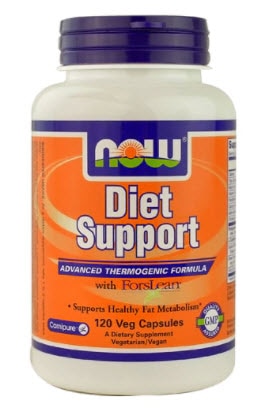
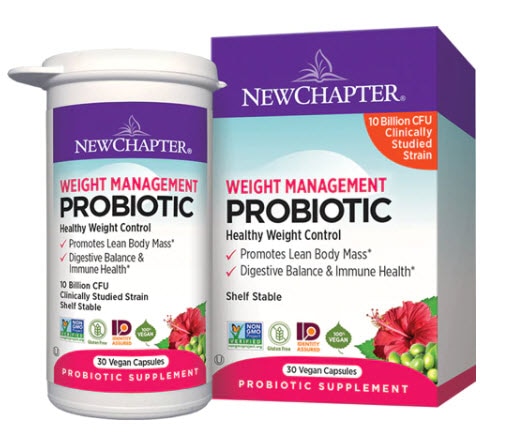
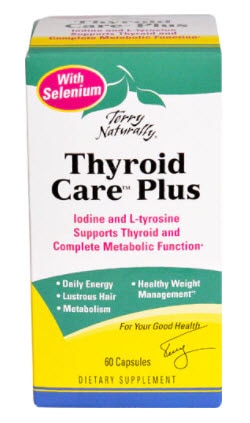
 Inexplicable weight gain, however, is another story—and is by and large alarming. While you’ll ultimately need to work with your doctor to determine the root cause of it, here are five reasons you may have packed on pounds.
Inexplicable weight gain, however, is another story—and is by and large alarming. While you’ll ultimately need to work with your doctor to determine the root cause of it, here are five reasons you may have packed on pounds.





